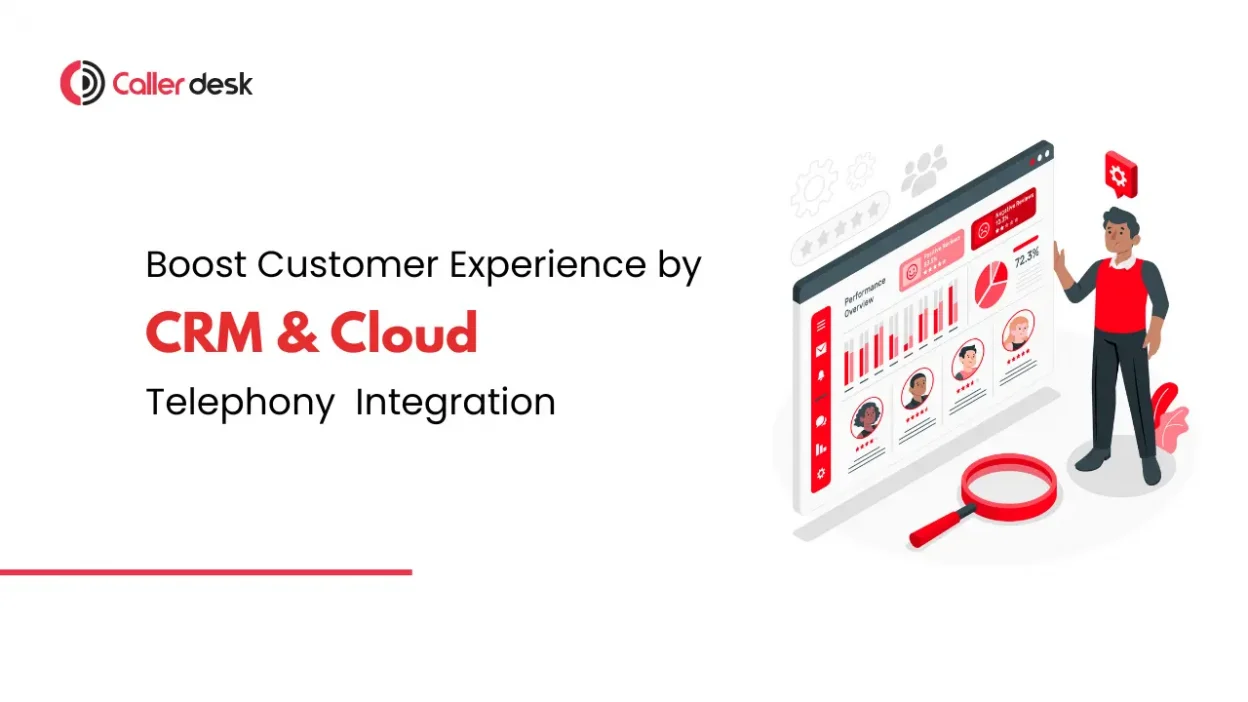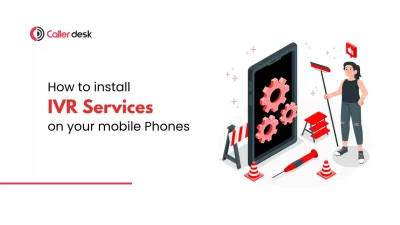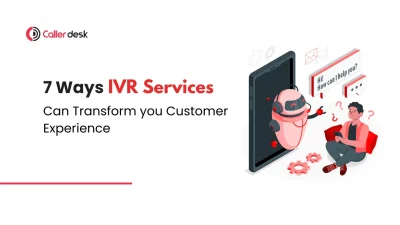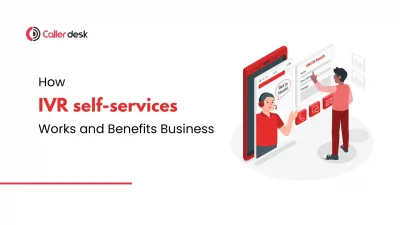Do you want to make your customer interactions better and your business communications smoother? Using the right technology is most important in today’s time. By combining Customer Relationship Management (CRM) systems with cloud telephony, you can greatly improve how your business operates.
CRM systems help you better understand your customers by analyzing their interactions and providing useful insights. Cloud telephony offers modern, internet-based communication that is both efficient and cost-effective. When these two technologies are combined, they create a unified system that enhances the customer experience. This integration leads to better communication, faster access to data, quicker response times, and more personalized customer service, resulting in higher customer satisfaction.
Let’s explore seven key benefits of integrating CRM with cloud telephony to see how this can help your business grow:
7 Key Advantages of CRM and Cloud Telephony Integration
1. Streamlined Communication
Integrating CRM with cloud telephony combines multiple communication channels into one system. This guarantees that interactions are smooth across calls, emails, and messages. Customer inquiries are recorded and accessible in one place, preventing missed communications. For example, XYZ Corp saw a 25% reduction in missed calls and emails after integrating their CRM with cloud telephony.
2. Better Access to Customer Data
Real-time access to customer data allows representatives to view detailed insights during calls. Immediate access to a customer’s history, preferences, and previous interactions makes service more efficient and personalized. ABC Ltd. reported a 30% improvement in first-call resolution rates by using integrated customer data.
3. Faster Response Times
The integration reduces the time spent searching for information and switching between platforms. Customer satisfaction and retention improve when response times are faster. DEF Inc. experienced a 40% decrease in average handling time, resulting in quicker and more effective customer support.
4. Personalized Customer Interactions
CRM data enables personalized chats in cloud telephony. Representatives may modify conversations based on detailed client information. For example, GHI Retail, an e-commerce company, saw a 20% increase in customer engagement after implementing personalized communication strategies based on CRM data.
5. Increased Efficiency and Productivity
Automating routine tasks like call logging, follow-up scheduling, and data entry between CRM and cloud telephony systems boosts efficiency. A study by JKL Enterprises found up to a 30% improvement in operational efficiency, allowing employees to focus on more important activities.
6. Better Call Management
Integration features like call routing, logging, and recording enhance call management. These features improve customer service by directing calls appropriately, ensuring quality, and providing future reference. MNO Services reported a 35% improvement in customer satisfaction scores due to better call management practices.
7. Scalability and Flexibility
Integrated systems allow businesses to scale communication strategies easily. Cloud solutions offer flexibility for adapting to business growth without significant infrastructure changes. PQR Solutions expanded their customer support team by 50% without major infrastructure overhauls, thanks to the scalability of integrated systems.
Conclusion
Integrating CRM with cloud telephony simplifies communication, provides real-time access to customer data, speeds up response times, and enables personalized interactions. It enhances efficiency, improves call management, and offers the scalability and flexibility needed for business growth. Adopting this integration can greatly improve the customer experience, ensuring higher satisfaction and loyalty.
Consult with Caller Desk today for expert guidance and seamless integration services that can transform your business communication.





